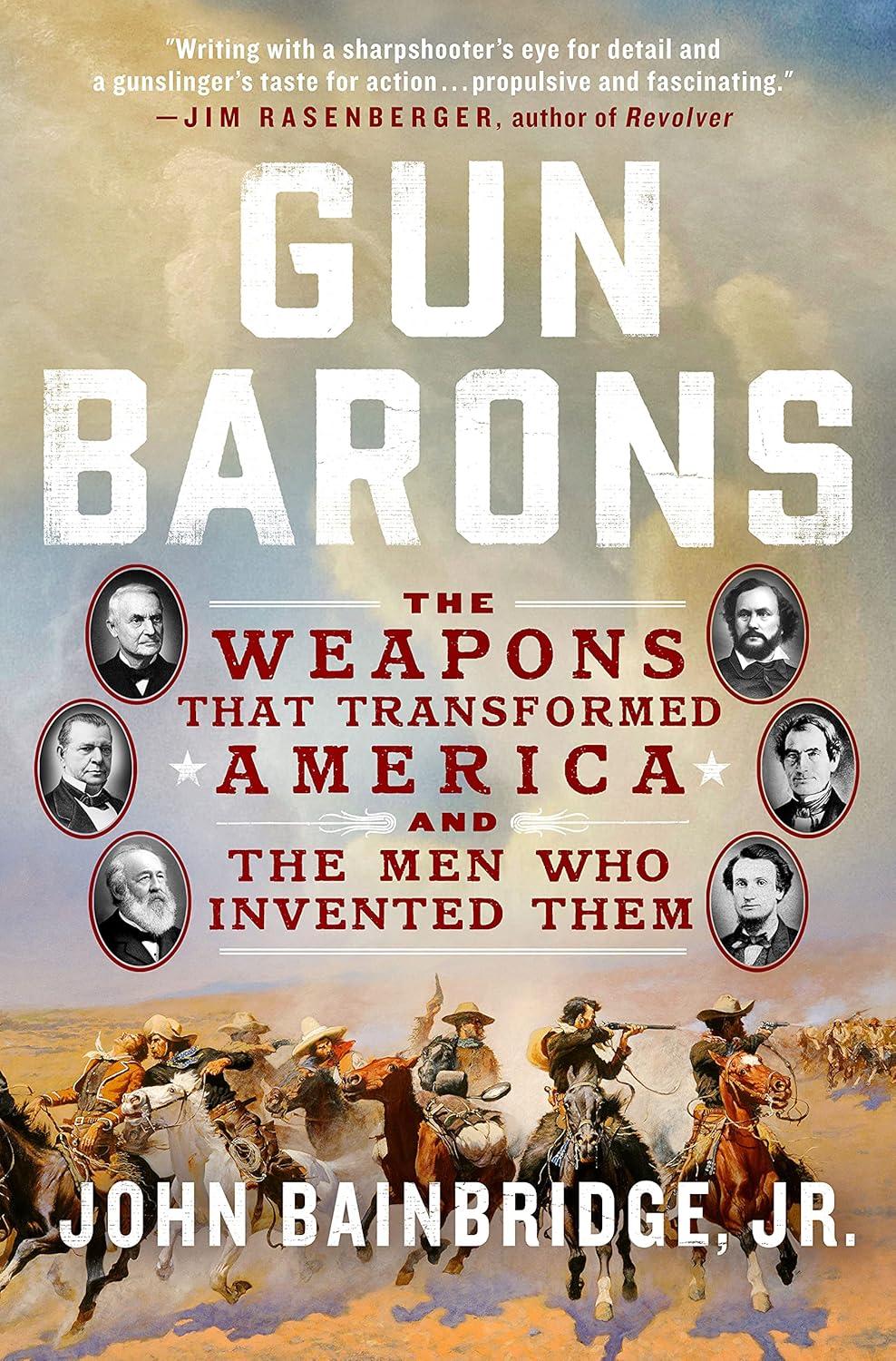As the gunmakers’ markets matured through the Civil War era, some began mastering the art of product promotion, following the lead set by Samuel Colt. For Oliver Winchester that promotion came from his own fan base on the front lines. Among his enthusiasts was Capt. James M. Wilson of the Twelfth Kentucky Cavalry, who said he owed his life to a Henry rifle.
Living in a Confederate-leaning part of Kentucky in 1862 was risky for a solid Union man like Wilson, so when neighbors threatened to kill him, he stashed a Henry rifle and a Colt revolver in a log crib not far from his front door, just in case they tried. One day they did. Seven armed guerrillas burst into the Wilson home while his family sat at the dinner table, shooting on their way in, shattering a glass of water in his wife’s hand, but hitting no one. “For God’s sake,” Wilson shouted, “if you wish to murder me, do not do it at my own table in presence of my family.” All right, the intruders said, step outside.
The moment he reached the front door, Wilson leapt for his hidden guns, while bullets tore through his clothing without touching flesh. He grabbed his Henry rifle and fired five shots, each one killing a man who was shooting at him. The other two guerrillas then sprang for their horses. As one grabbed the pommel of his saddle, a bullet from Wilson’s repeater blew off four of his fingers, but the man was able to mount his horse anyway and was trying to flee when another bullet toppled him to the ground, dead. Wilson’s eighth shot killed the seventh man.
Word of Wilson’s shoot-out reached a delighted Oliver Winchester, who wrote him on New Year’s Eve 1862:
A few days since I heard a detailed and thrilling account of your adventures with Guerillas, in which your coolness and courage were conspicuous, aided by a skilful use of Henry’s Rifle. I do not know how true the account is, but feel a great interest in obtaining a reliable statement of any facts showing the efficiency of our arm in competent hands….I trust I am not asking too much of you, and will esteem your compliance a great favor, which I shall be happy to reciprocate in any way in my power.
Seven weeks after it was sent, Wilson finally received Winchester’s letter.
